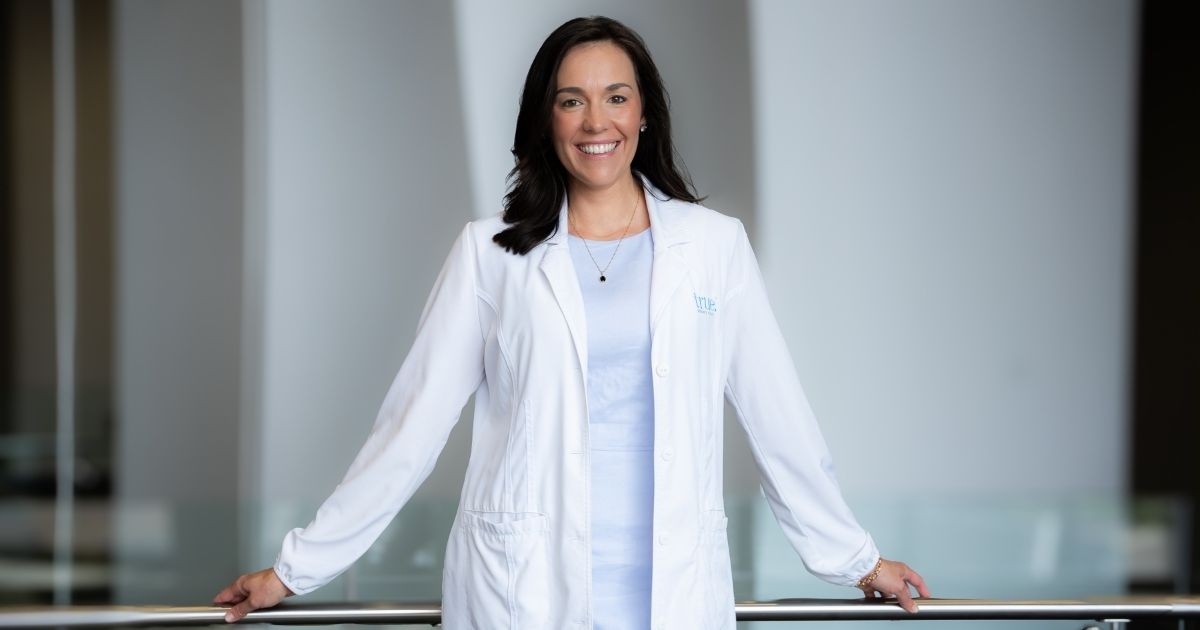When we think about ways to invest in our long-term health, we often turn to diet, exercise, sleep, or the latest wellness trends. But one of the most powerful, underutilized tools in medicine doesn't require a gym membership or supplements, and, it's completely free—it's your family history.
Understanding your family's medical background is more than just curiosity. It's a proactive way to identify your own risk factors and create a strategy for prevention. If we know what might be coming, we can often intervene earlier and more effectively.
WHY FAMILY HISTORY MATTERS
Certain medical conditions tend to run in families. That includes not just rare genetic syndromes, but some of the most common and deadly conditions in the U.S., like cardiovascular disease and cancer. Family history doesn't seal your fate, but it can change the way we assess risk and decide on testing, monitoring, and treatment.
When you know that your mother had a heart attack at 55, or that your grandfather and two uncles had colon cancer, that information can shift how your physician thinks about your care. You may qualify for earlier or more frequent screenings, more aggressive risk reduction, or specialized testing that wouldn't otherwise be offered.
THE TWO BIGGEST: HEART DISEASE AND CANCER
Let's talk about the two leading causes of death in the U.S.—heart disease and cancer—and how family history can open the door to more personalized care.
HEART DISEASE
If you have a strong family history of early heart disease, your own risk is significantly higher— even if your cholesterol is "normal," you exercise regularly and you feel fine. But standard cholesterol testing often isn't enough to paint the full picture. Depending on your family history, you may benefit from:
- Expanded lipid panels to assess particle size and number.
- Lipoprotein(a) [Lp(a)] testing—an inherited risk factor not modified by lifestyle but relevant to treatment decisions.
- Apolipoprotein B (apoB)—a more precise measure of atherogenic particles than LDL alone.
- Coronary artery calcium (CAC) scoring—a CT scan that looks for early signs of plaque buildup in the heart arteries.
- Coronary CT angiography (CCTA) in specific cases for direct imaging of coronary anatomy.
These aren't routine tests for everyone, but they can dramatically change what we recommend if you're found to be higher-risk.
CANCER
Family history can also shift the entire landscape of cancer prevention. For example:
- Breast Cancer: If you have multiple close relatives with breast cancer, or a known BRCA mutation in the family, you may qualify for yearly breast MRIs in addition to mammograms—starting at a younger age than the general population.
- Colon Cancer: Instead of waiting until age 45 for your first colonoscopy, a strong family history may mean you should begin screening at 40, or even younger, and repeat it more frequently.
- Other cancers (ovarian, pancreatic, prostate, melanoma) may also warrant earlier or expanded screening depending on your family history.
Helpful resources:
GATHERING THE INFORMATION
So how do you get started? Start by talking. It may feel awkward to ask your parents, siblings, aunts, or grandparents about their health history, but framing it as a way to invest in your health—and potentially your children's health—can help.
Try to gather this information if possible:
- Major diagnoses (especially cancer, heart disease, diabetes, autoimmune disease, or neurologic conditions like dementia).
- Age at diagnosis.
- Genetic testing results (if anyone in your family has had it done).
- And remember: Sometimes a "mystery illness" in a grandparent or relative decades ago could be highly relevant. Bring what you find to your doctor—don't assume it's too vague to be useful.
HOW TO USE IT
Once you've gathered the information, share it with your healthcare provider. A detailed family history can:
- Change your screening schedule.
- Prompt early testing or imaging.
- Lead to referrals to specialists or genetic counseling.
- Influence treatment decisions, even in the absence of current disease.
- Help you make better lifestyle decisions to decrease your risk of certain disease.
In my practice, we see time and again how a single piece of family history can completely change a patient's level of care. It's one of the most important conversations you can have—for yourself and your loved ones.
DON'T WAIT
The sooner you start building your family health history, the better. Keep a record, update it as new information comes to light, and revisit the conversation every few years. You don't need to know everything, but even one or two key details can make a difference.
Family history isn't destiny, but it is a roadmap. Use it.
Dr. Jana Baatenburg, MD is a board-certified family medicine physician with advanced training in integrative and preventive care. She co-owns a Concierge Medicine of West Michigan, a concierge family medicine practice in Ada, Michigan, where she helps patients take a proactive and personalized approach to optimizing their health. Learn more at cmwestmichigan.com.
Photo by Alicia Magnuson Photography, courtesy of Dr. Jana Baatenburg.




